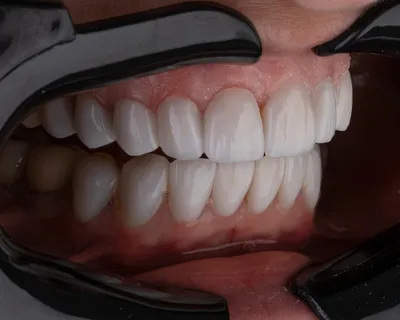
Introduction to Technology in Dental Implants
The field of dentistry has seen significant advancements over the past few decades, particularly in the realm of dental implants. Thanks to cutting-edge technology, dental implant procedures have become more efficient, accurate, and patient-friendly.
Advancements in Imaging Technology
3D Imaging and Digital X-rays
One of the most significant breakthroughs in dental implant technology is the use of 3D imaging and digital x-rays. These tools provide a comprehensive view of a patient's oral structure, allowing dentists to plan the implant procedure with precision. Unlike traditional x-rays, 3D images offer a detailed depiction of bone structures, critical for assessing bone density and implant placement.
CT Scans and MRI
CT scans and MRI have enhanced diagnostic accuracy. They offer a non-invasive way to examine the jawbone and surrounding structures, aiding in the planning and execution of the implant process. This technology reduces the risk of complications, ensuring the implant is placed accurately.
Computer-Aided Design and Manufacturing (CAD/CAM)
CAD/CAM technology has revolutionized the creation of dental implants. This technology allows for the customization of implants to match the exact specifications of a patient's dental anatomy. Using computer-aided design, dentists can create implants that fit perfectly, reducing discomfort and improving the success rate.
Robotic Assistance in Implant Surgery
Robotic systems are also transforming dental implant surgeries. By providing surgeons with enhanced dexterity and precision, robots assist in the accurate placement of implants, minimizing human error and surgical time. This advancement leads to faster recovery for patients and more predictable outcomes.
The Impact of Technology on Patient Experience
These technological innovations not only optimize the surgical process but also significantly enhance the patient experience. With reduced surgical times and increased accuracy, patients experience less post-operative pain and faster healing times. Furthermore, digital consultations and virtual planning empower patients to understand the procedure better, reducing anxiety and improving satisfaction.
Conclusion
In conclusion, the integration of technology in dental implant procedures has made them more effective and accessible. From advanced imaging to robotic assistance, these innovations continue to push the boundaries of what's possible in restorative dentistry. As technology evolves, so too will the possibilities in dental care, ensuring patients receive safe, comfortable, and successful implant treatments.
Popular Dental Implant Articles
Check out our most popular articles on dental implants and dentures, trusted by our readers for reliable information.



